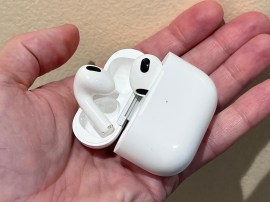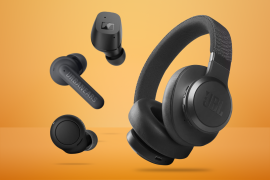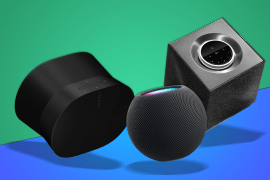What is aptX lossless? The CD quality headphone tech explained
We explain what aptX Lossless is - and what headphones are compatible
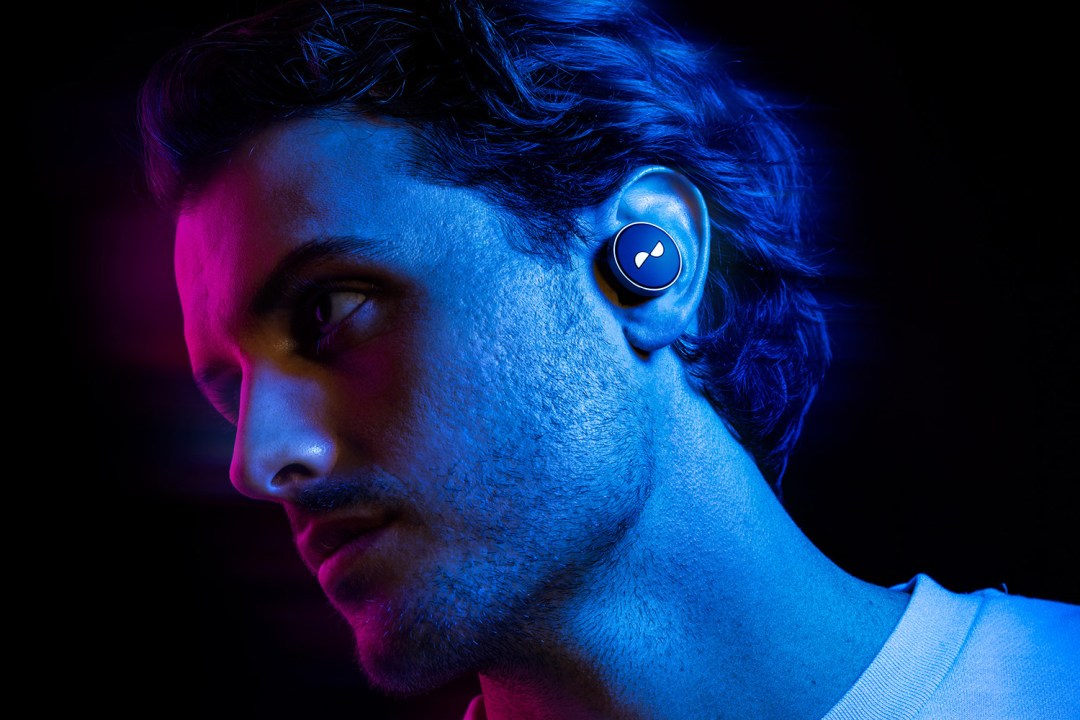
Qualcomm introduced aptX Lossless in late 2021 – a tech that promised consistent CD quality (lossless) audio over Bluetooth headphones.
But it has been rather slow to appear. The problem is two-fold. It needs your phone to support it and while there are a stack of phones launched that support ‘Qualcomm Snapdragon Sound with aptX Lossless’ there isn’t a single Samsung, Google or Apple device on there. However, if you’re an Android user, there are options from Asus, Sony, Vivo and Motorola. But the choice isn’t extensive.
The second problem is that since Qualcomm announced the tech in late 2021 only a few compatible headphones have been launched. The originals were the NuraTrue Pro – now owned by Denon and renamed as the Denon PerL Pro. There’s also the Creative Aurvana Ace 2 and some other products from smaller manufacturers such as the SoundPEATS Air4 Pro.
We’ve also just had the launch of the Cambridge Audio Melomania M100 – again with aptX Lossless on board in addition to Bluetooth 5.3 with Low Energy Audio.
So where does aptX Lossless fit in?
Where does aptX Lossless fit into the main trifecta of audio quality – lossy, lossless and Hi-Res?
It’s certainly true that with music streaming services increasingly offering lossless audio options such as Amazon Music HD, Tidal as well as Apple Music, the tech is going to become a key battleground for headphones over the next couple of years.
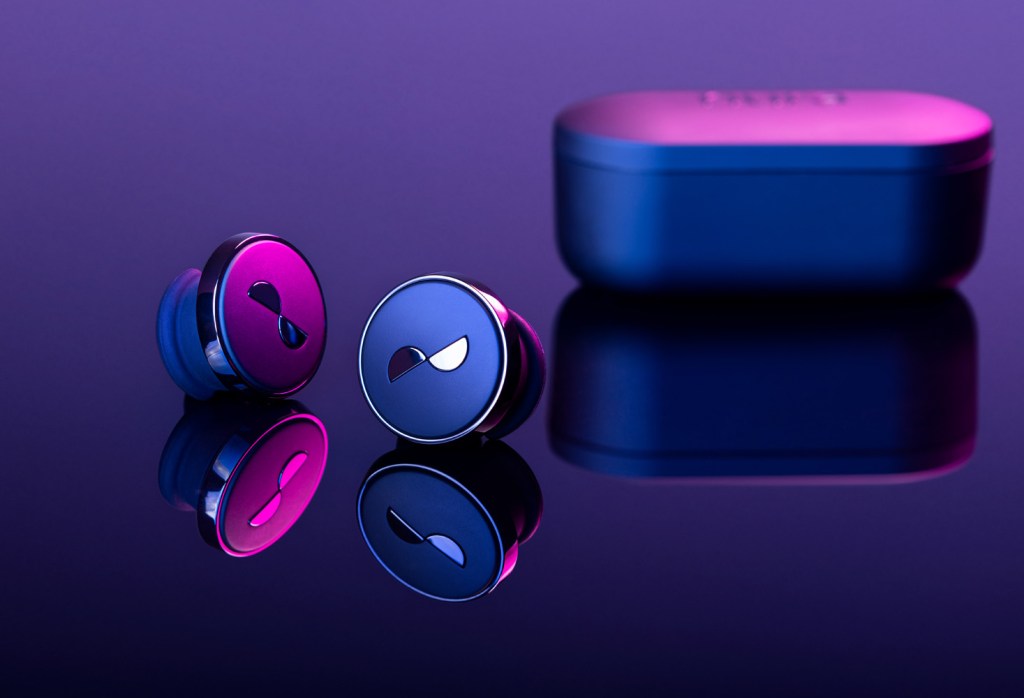
The aptX Lossless tech is adaptive and will output lossless audio providing the music file being played is lossless. It also requires the wireless connection to be good enough to support it.
Essentially the is a refinement of what has gone before. It will only work initially with compatible smartphones that run the last couple of generations of Qualcomm Snapdragon chips. The tech can scale the data throughput up or down depending on the conditions to minimise any audio dropouts.
What about AirPods?
aptX Lossless does steal a march on Apple. The AAC Bluetooth tech in the AirPods doesn’t offer the same bandwidth for full lossless audio. And this is something we’d expect to see corrected with the next generation of AirPods Max headphones.
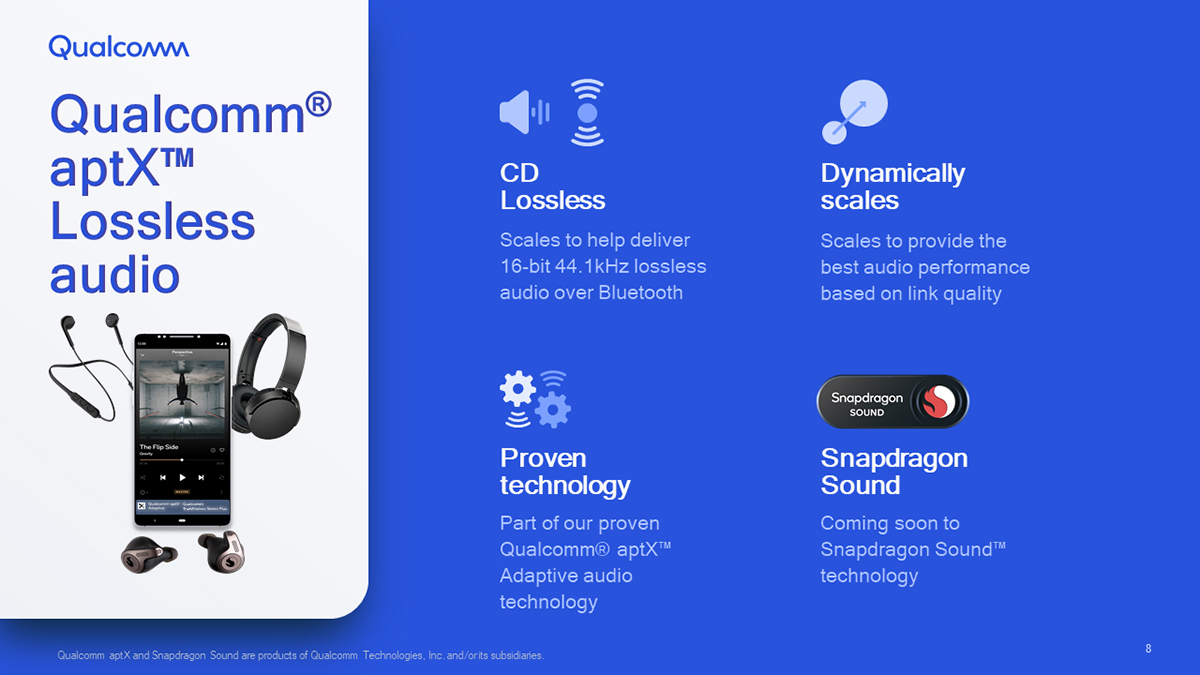
Qualcomm says that its research shows true wireless headphone buyers are primarily interested in sound quality and battery life before price, comfort and ease-of-use. After all, this isn’t the cheap end of the market. Interestingly, noise cancellation and call quality are both further down the list.
“Currently lossless audio is only supported on devices such as phones, PCs and tablets. By supporting lossless audio on next-gen earbuds and headphones, we’re providing another way to deliver sound the way the artist intended,” said Qualcomm’s James Chapman.
“Lossless audio means mathematically bit-for-bit exact, with no loss of the audio file and up to now the necessary bit rate to deliver this over Bluetooth has not been available.” The aptX Lossless technology will support audio up to 16-bit 44.1kHz lossless audio.

